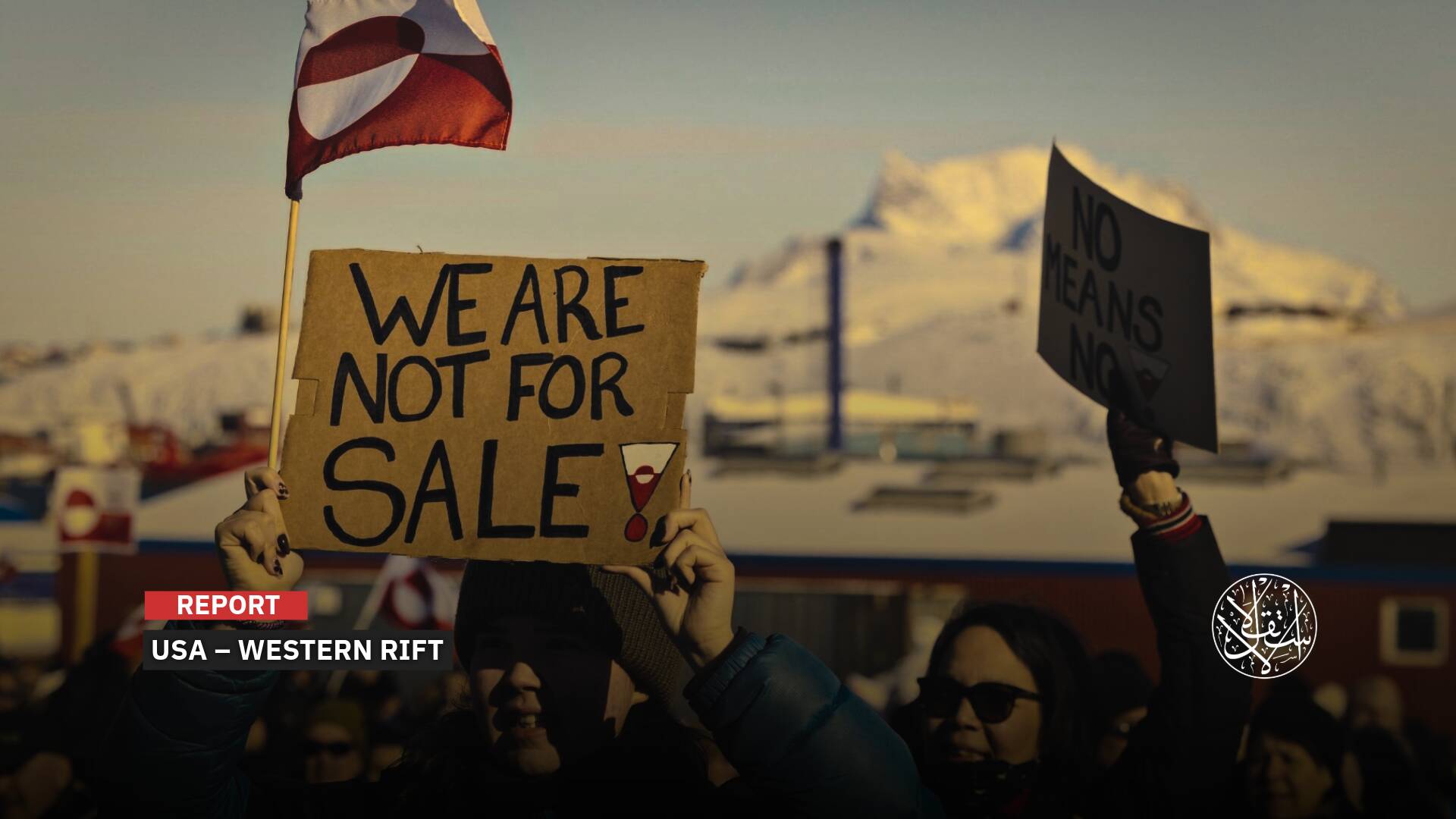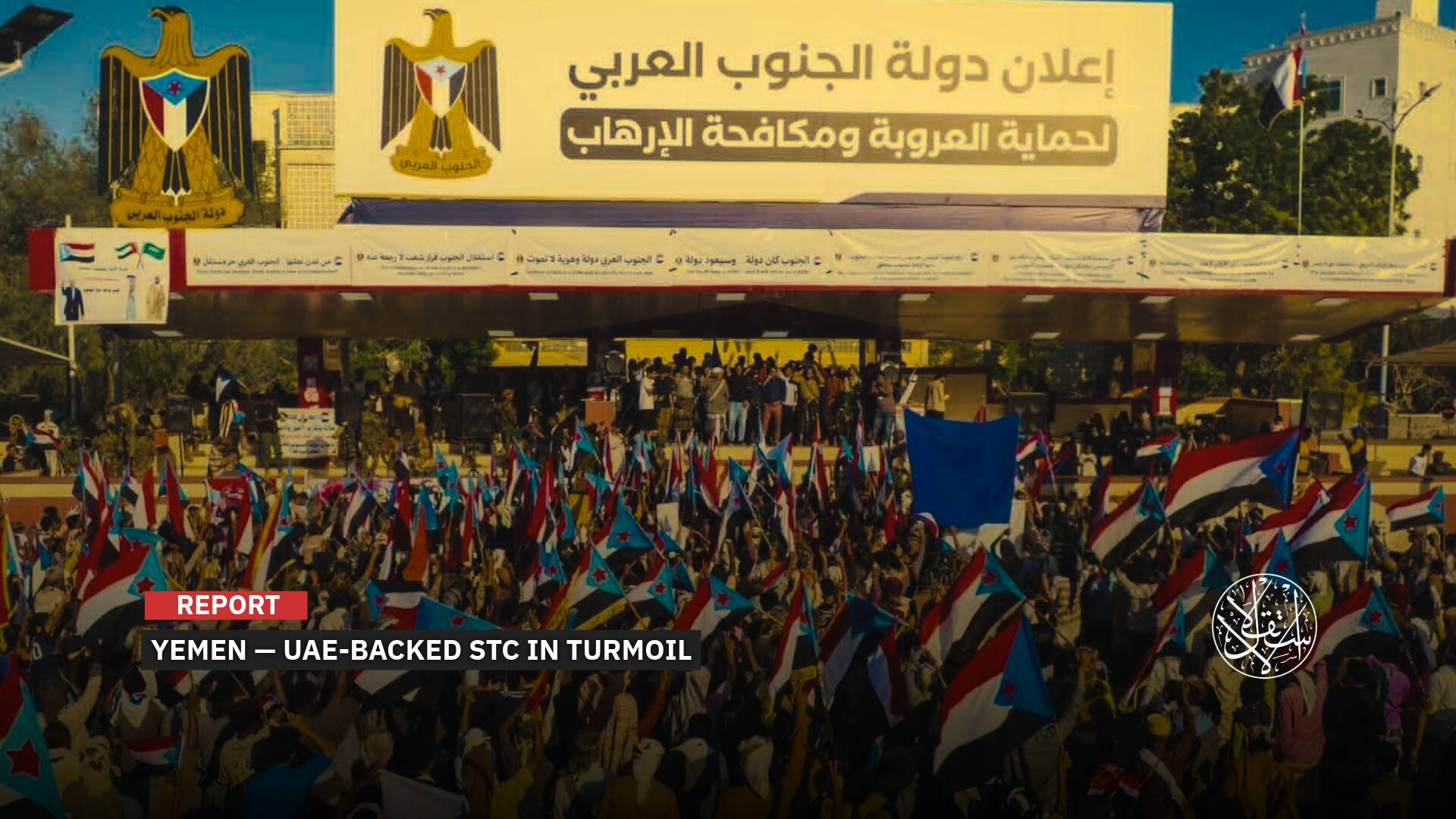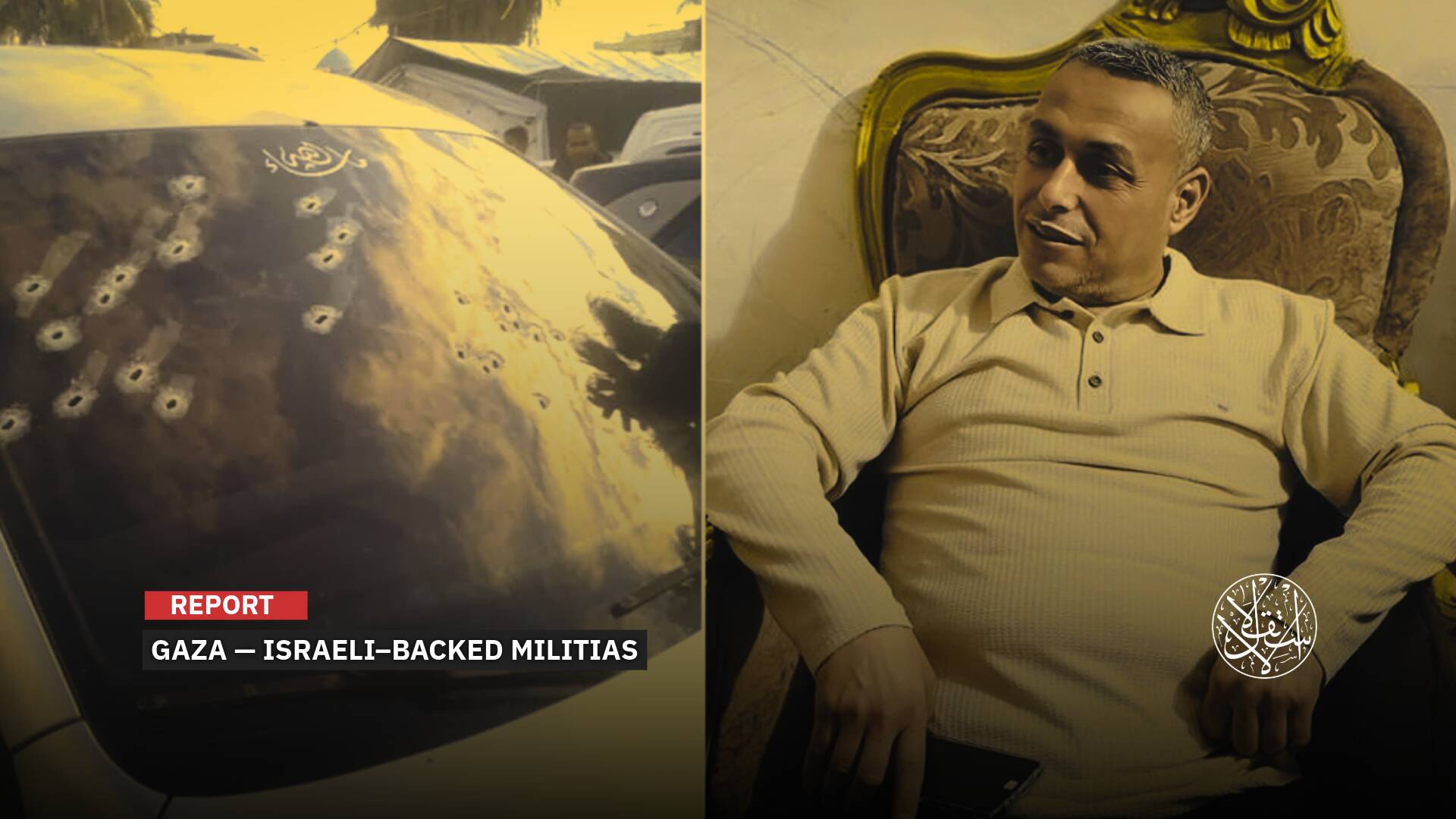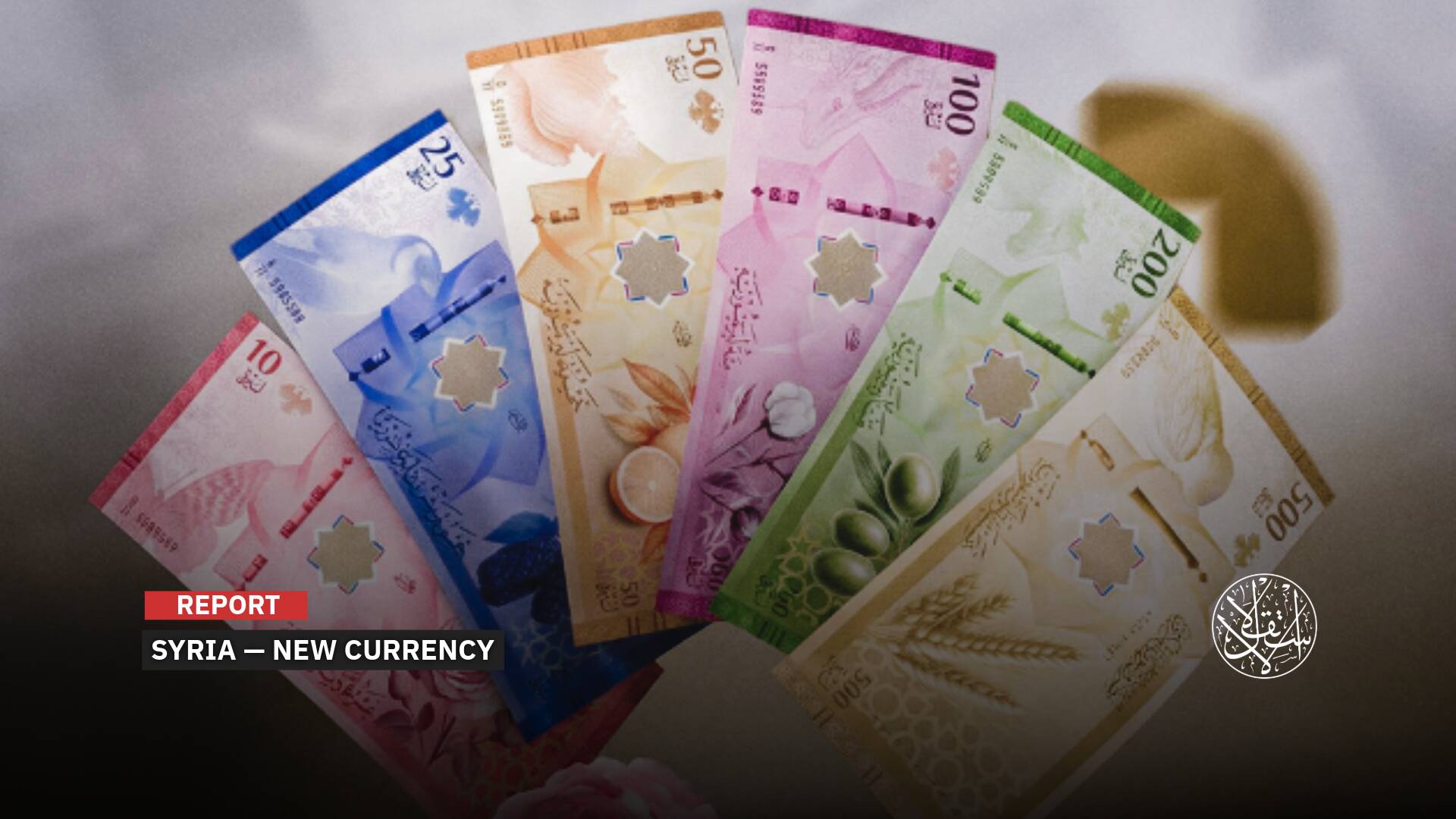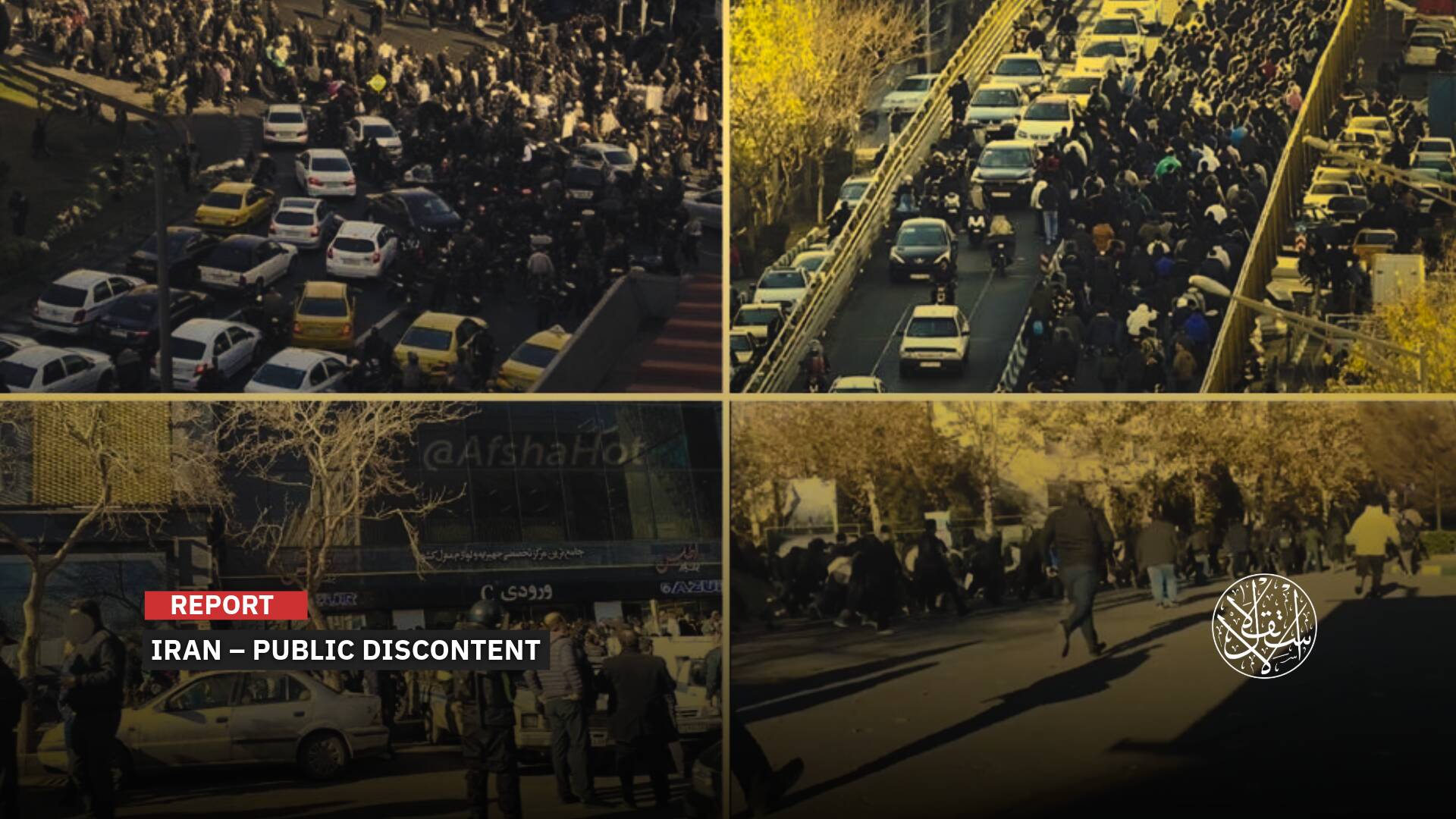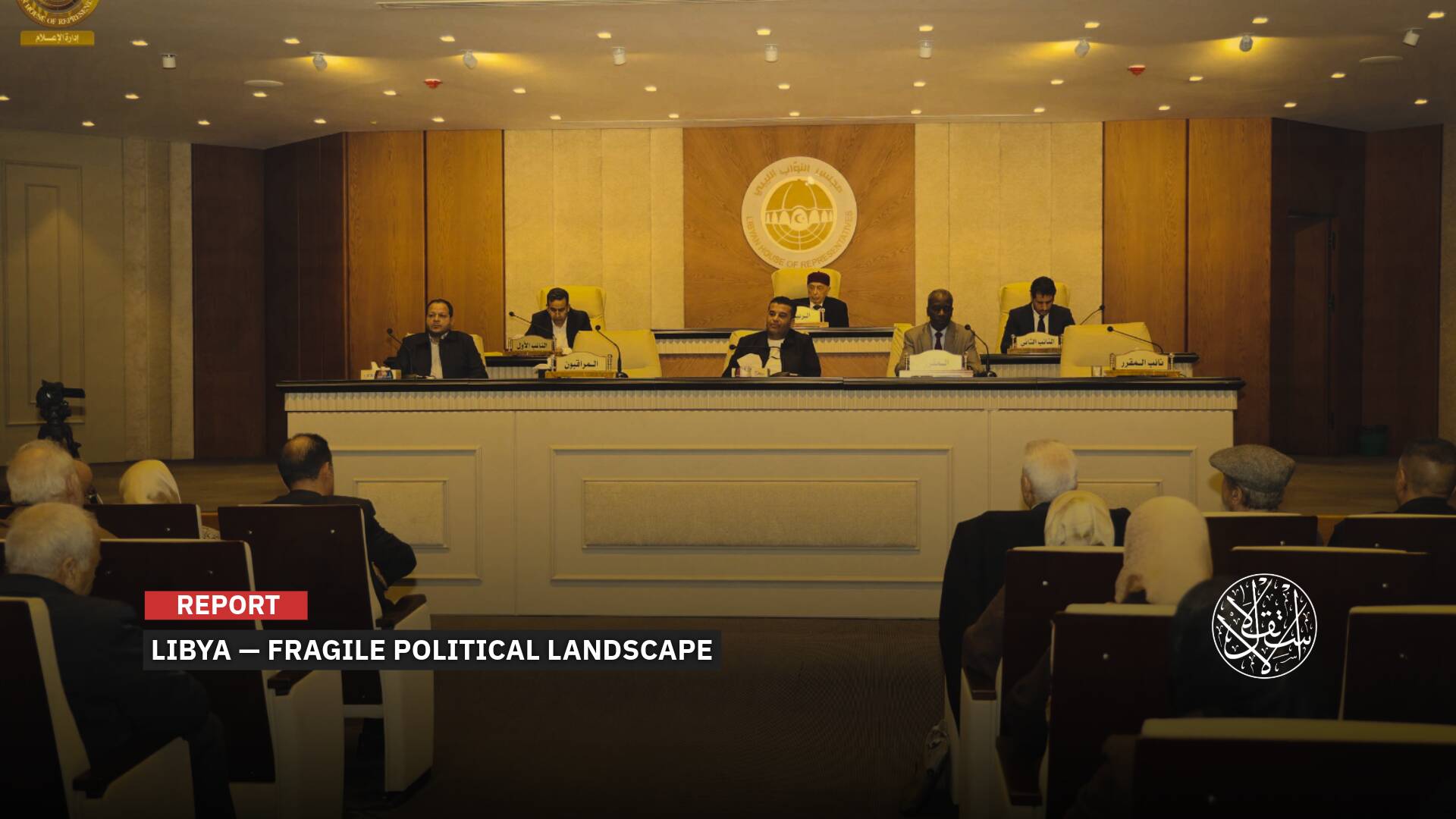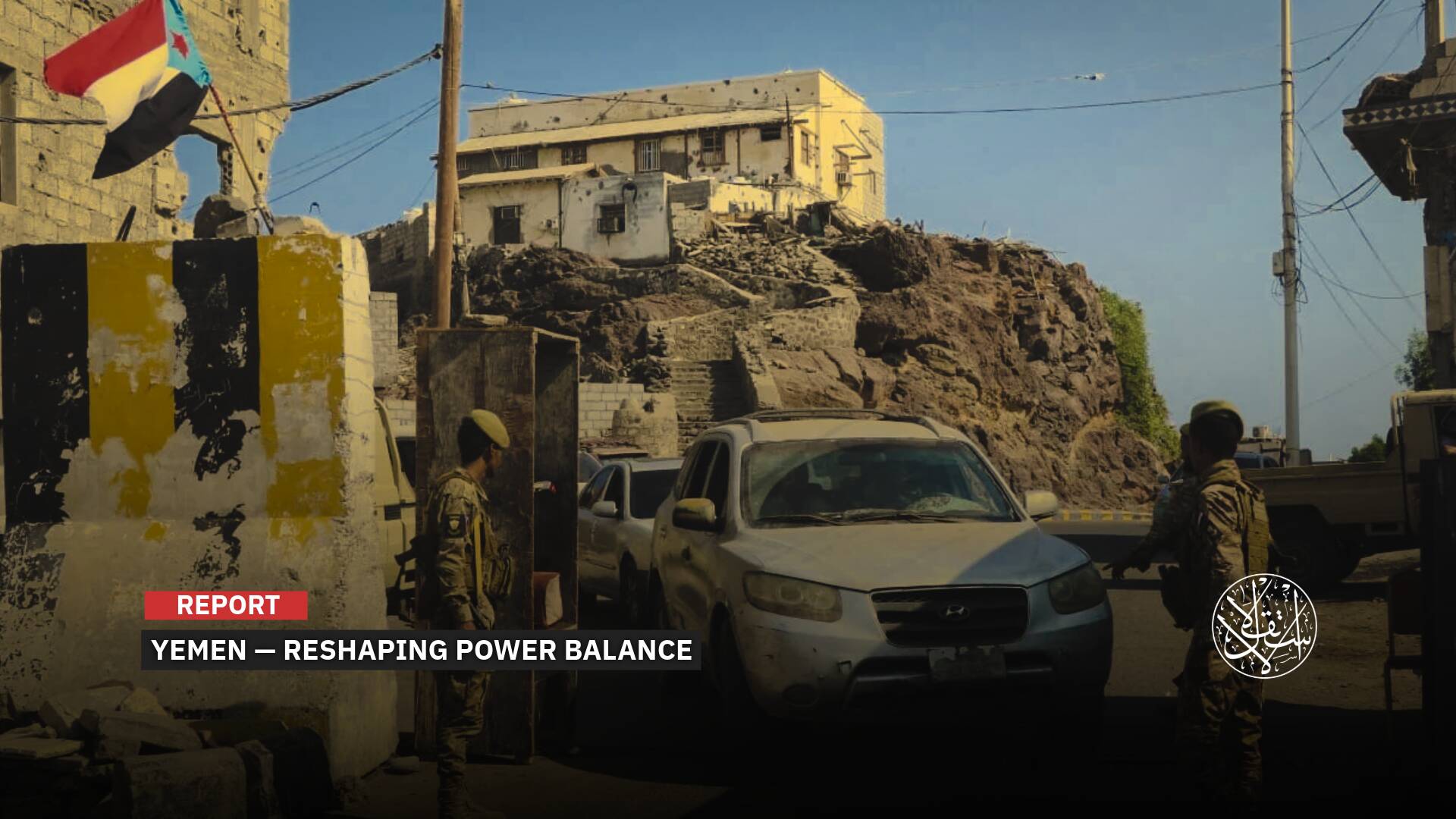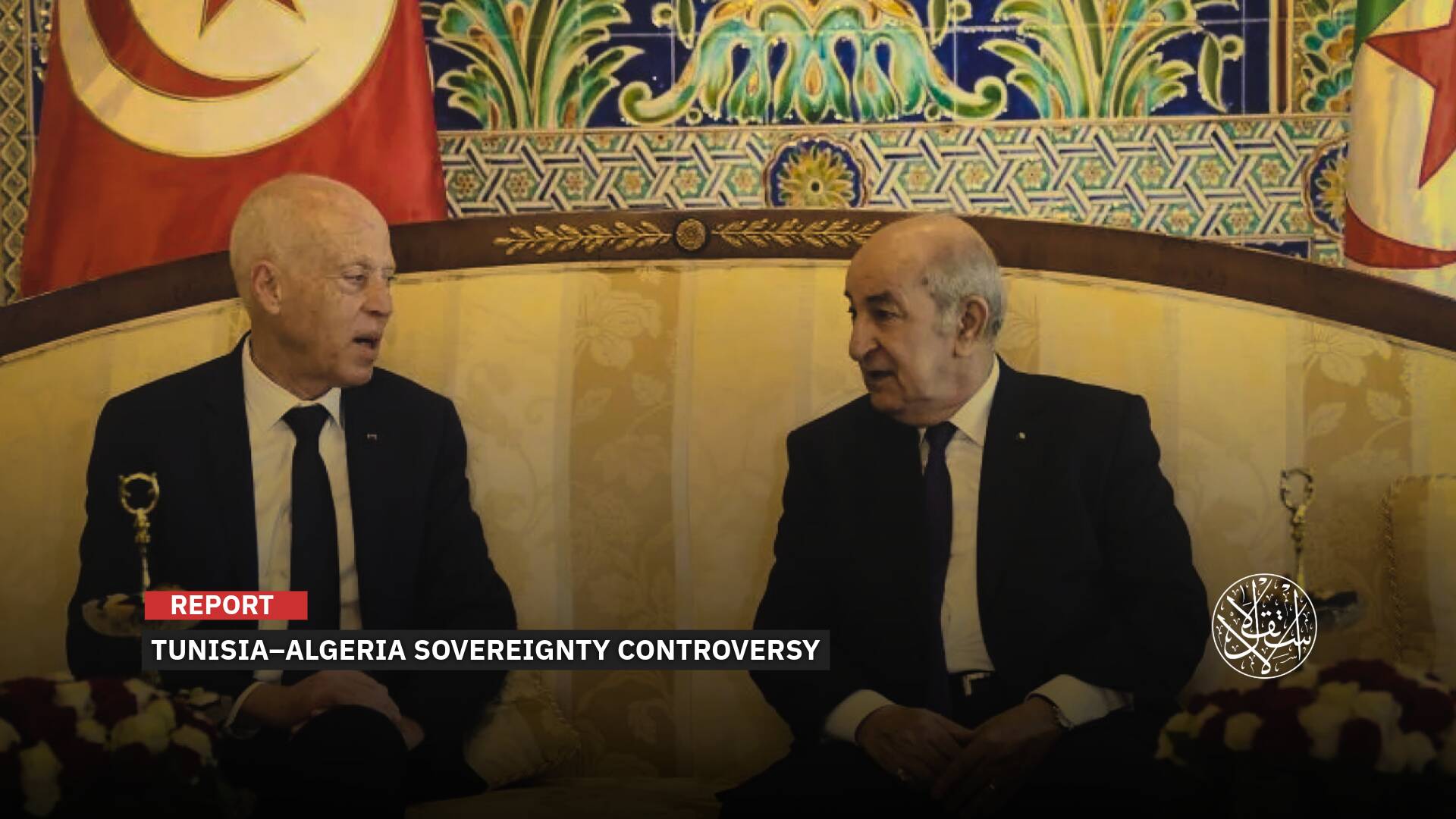As Tensions with ‘Israel’ Escalate, Will Iran Soon Have Its First Nuclear Bomb?

“A cornered cat will fight back.”
As tensions rise in the Middle East, Tehran has reiterated "provocative statements" that it will "change its nuclear doctrine" if its existence is threatened.
Amid Iran's fear of “Israel” striking its nuclear facilities, Kamal Kharazi, advisor to Iran's Supreme Leader Ali Khamenei, announced that Tehran would be forced to change its nuclear doctrine if “Israel” threatened its existence.
Nuclear Doctrine
On May 9, 2024, the Iranian Students' News Agency (ISNA) quoted Kharazi as saying, “We have no decision to build a nuclear bomb, but should Iran's existence be threatened, there will be no choice but to change our military doctrine.”
Kharazi added that Tehran has already hinted at having the capability to make such weapons.
Kharazi emphasized that if the Zionist regime, the Israeli Occupation, attacks our nuclear facilities, Iran’s deterrent will change.
This is not the first time Iranian officials have made statements about Iran's nuclear policy.
Brigadier General Ahmad Haq Talab, commander of the Revolutionary Guard's Nuclear Protection and Security Unit, had previously warned against targeting Iran's nuclear facilities in response to an attack by Tehran on “Israel,” hinting that Iran might reconsider its "doctrine" if that happened.
In April 2024, he said to the Israeli Occupation, "If the Zionist entity takes action against our nuclear centers and facilities, it will certainly and definitely face our reaction."
In retaliation, the nuclear centers of the entity will be attacked with advanced weapons, according to the official IRNA news agency.

Iran and “Israel” had been engaged in a shadow war for decades before Iran, for the first time, launched hundreds of drones and missiles at “Israel” on April 13, 2024.
“Israel,” with the help of the U.S. and other allies, almost entirely intercepted the Iranian attack, with only minor damage inflicted on the Nevatim Airbase in Be'er Sheva.
The Iranian attack came in response to an Israeli airstrike on the Iranian consulate in Damascus, which killed seven leaders of the Iranian Revolutionary Guard in early April of the same year.
Following this, “Israel” targeted an airbase near Isfahan in central Iran, reportedly damaging its radar defense system.
According to The New York Times, the radar system was guarding the nearby Natanz secret nuclear facility, which is believed to be buried deep underground.
The International Atomic Energy Agency (IAEA) and Iranian officials reported "no damage" to the nuclear sites in Isfahan.
These new tensions have threatened to escalate into an open confrontation between Iran and “Israel.” Especially since Tehran has expressed concern for its nuclear facilities amidst Israeli rejection of reviving the nuclear deal with the U.S. and Western powers, following Washington's withdrawal from the 2015 agreement in 2018.
Military ‘Taqiyya’
For years, Iran has insisted that its nuclear program is entirely peaceful, despite enriching uranium to 60% purity, which can only serve military purposes.
Thus, Khamenei's advisor may have been referring to potential Israeli threats against the regime and its leaders, not Iran's existence as a state.
But Iranian Supreme Leader Ali Khamenei, who is in charge of all armed and military forces, has the final say in Iranian nuclear activities.
Khamenei issued a fatwa in 2003 prohibiting the creation of nuclear weapons, reaffirming his stance in 2019 by saying, "Building and storing nuclear bombs is wrong, and using them is forbidden. Even though we have nuclear technology, Iran has completely refrained from that."
In 2021, the Iranian Minister of Intelligence stated that Western pressure could push Tehran to seek nuclear weapons.
Although Iran's confrontation with the West and the imposition of major economic sanctions on it are due to its pursuit of a nuclear weapon, Iran's threats to change its nuclear policy seem to be leveraging the current situation to close off all avenues of escalation against it, according to observers.
“Israel” is believed to have a significant nuclear arsenal with 90 nuclear warheads and over 200 stockpiles of fissile material, according to the Stockholm International Peace Research Institute (SIPRI).
While Iran has not yet developed nuclear weapons, it has a nuclear program that has been scrutinized by the United Nations, the U.S., and its partners for years, despite Iranian assurances that it is for non-military purposes.

As a result of major disagreements between Tehran and Washington over reviving the nuclear deal, Iran has tightened the monitoring of some of its nuclear facilities.
Returning from a trip to Tehran in the first week of May 2024, Director General of the International Atomic Energy Agency Rafael Grossi told reporters that no agreement had been reached to allow IAEA teams to monitor some Iranian nuclear facilities.
Grossi added that he urged Iranian officials to take very concrete and practical measures to expedite cooperation.
“Israel” wants the international community to impose sanctions on Iran and threaten military action if Tehran continues its efforts to acquire nuclear weapons.
In this context, former Syrian chemical warfare expert Tariq Haj Bakri believes that Iran's talk of changing its nuclear doctrine if faced with an existential threat from “Israel” is merely a threat, reflecting Iran's current fear of Israeli strikes on its nuclear facilities.
"I don't think Israeli strikes on Iran would be deterrent enough,” Haj Bakri told Al-Estiklal
"Israel has an interest in maintaining an arms race with Iran, provided it does not threaten the Zionist entity. Israel wants the Iranian threat to remain directed only at the Arab region to keep it destabilized, with Tehran as a source of fear in the region," Bakri added.
The military expert hinted that Khamenei's fatwa banning the production of nuclear weapons is merely a form of “military taqiyya,” as Tehran is determined and striving to obtain nuclear weapons by all means.
Strategy Shift
In recent years, Iranian officials have shown a high level of optimism about their country's ability to produce nuclear weapons. This optimism persisted even amid direct confrontations with “Israel,” which have opened up all possibilities.
For instance, Ahmad Bakhshayesh Ardestani, who was re-elected to the Iranian parliament in March 2024, told the Rouydad24 website that Iran's decision to risk attacking “Israel” in April 2024 stems from possessing nuclear weapons.
After Kamal Kharazi's remarks about reviewing the "nuclear doctrine," Ardestani said, "In my opinion, we have achieved nuclear weapons, but we do not announce it. Our policy is to possess nuclear bombs, but our current declared policy is within the framework of the Joint Comprehensive Plan of Action (JCPOA)."
"The reason is that when countries want to confront others, their capabilities must be aligned. For Iran to match America and Israel, it must have nuclear weapons," Ardestani added.

On April 16, 2024, Mehdi Mohammadi, the strategic affairs advisor to the Iranian Parliament Speaker, wrote on X, "Alongside the missile program, Iran also has a nuclear program!"
Thus, some experts say one of Iran's potential responses to Israeli attacks is to accelerate its nuclear program.
Iran might change its military deterrence strategy by using the same weapons that “Israel” possesses or by developing its own weapons. This perspective was shared by Mossadegh Pour, the director of the Iranian Center for Strategic Studies, during his analysis in a television interview discussing what is meant by Iran changing its nuclear doctrine.
Previously, the former Minister of Intelligence of Iran Mahmoud Alavi said in a 2020 television program, "The Supreme Leader has issued a fatwa prohibiting nuclear weapons, but a cornered cat will fight back."
Sources
- Khamenei's advisor: If the existence of the Islamic Republic is threatened, Tehran will change its "nuclear doctrine" [Arabic]
- Iranian Politician Says Tehran Might Already Have Nukes
- The nuclear fatwa that wasn’t—how Iran sold the world a false narrative
- Report: Israel is training to launch strikes against the “Iranian nuclear weapon” [Arabic]


